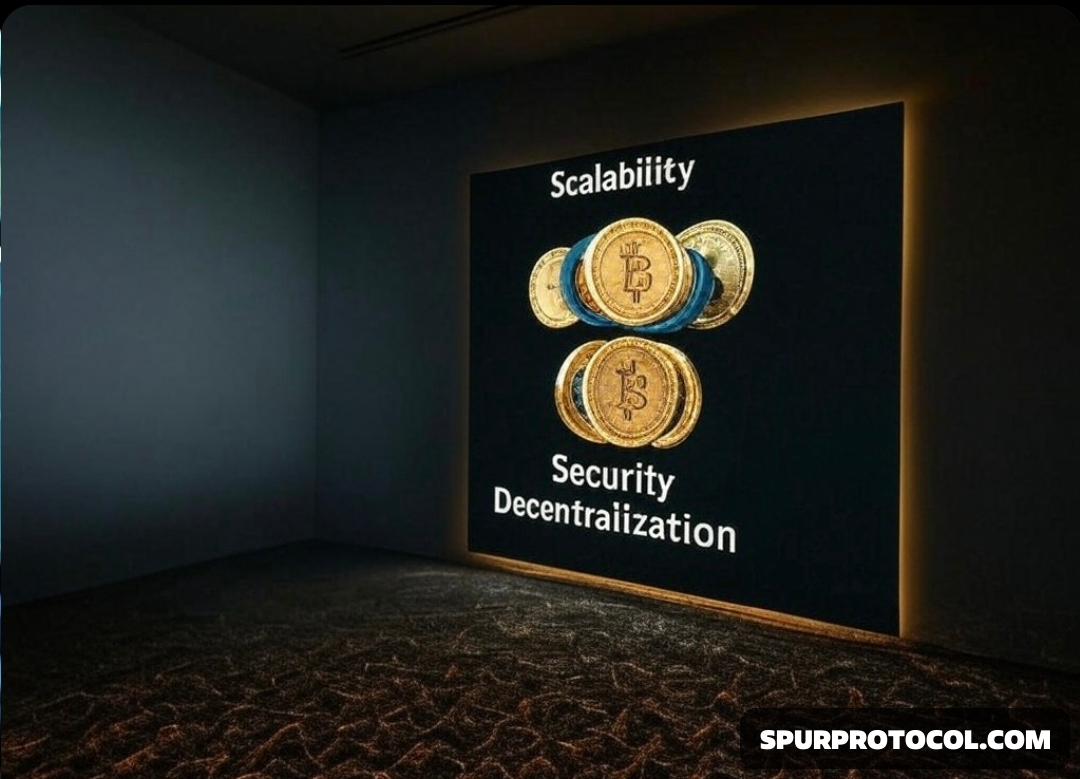The Blockchain Trillema
The Blockchain Trilemma, often attributed to Vitalik Buterin, co-founder of Ethereum, refers to the challenge of simultaneously achieving three key properties in a blockchain systems
Go Back

🕒 7:34 AM
📅 Jan 25, 2025
✍️ By seanney
The Blockchain Trilemma, often attributed to Vitalik Buterin, co-founder of Ethereum, refers to the challenge of simultaneously achieving three key properties in a blockchain system:
Decentralization - The network should be maintained by as many independent nodes as possible, reducing the chance of control by a single entity or small group of entities. This leads to a more democratic and less manipulable system.
Scalability - The blockchain should be able to handle a large number of transactions quickly and cheaply. Higher scalability means better performance as user demand grows.
Security - The system must be robust against attacks like double-spending or 51% attacks where an entity could control the majority of the network's mining power to compromise transaction integrity.
The trilemma suggests that achieving all three at high levels is extremely challenging:
Decentralization vs. Scalability: More nodes for decentralization can lead to slower transaction processing times and higher costs. Solutions like sharding or layer-2 scaling (like Lightning Network for Bitcoin) attempt to address this but can introduce new complexities or centralization points.
Scalability vs. Security: Faster transaction processing might compromise security if not designed carefully. For instance, increasing block size can lead to centralization of mining power since only those with significant computational resources can handle larger blocks efficiently.
Security vs. Decentralization: A very secure system might require more concentrated mining power or more complex consensus mechanisms, potentially leading to less decentralization.
For Bitcoin specifically:
Decentralization is a core principle, with the network distributed globally among many miners and nodes.
Scalability has been a point of contention, with Bitcoin's design leading to slower transaction throughput compared to some newer blockchains. Solutions like SegWit and the Lightning Network have been implemented to enhance scalability without compromising the other two aspects too much.
Security is robust due to Bitcoin's Proof-of-Work mechanism, but this comes at the cost of energy efficiency and scalability.
The Bitcoin community often debates these trade-offs, especially when considering upgrades or forks like Bitcoin Cash, which aimed to solve scalability by increasing block size, potentially at the cost of decentralization.
